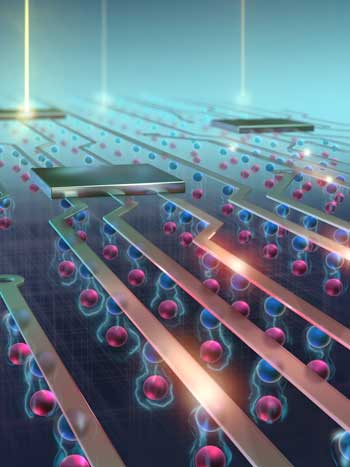
Wednesday, July 25, 2018
Scientists use excitons to take electronics into the future
A nanotechnology breath test for early-stage Parkinson's
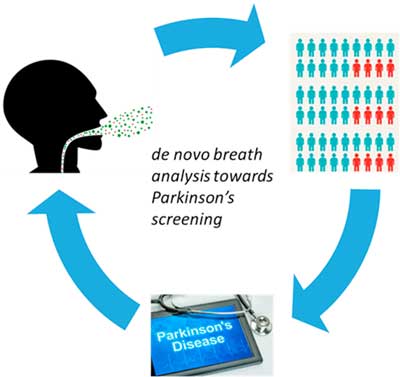
DOE grant to study single nanoparticles and their ability to act as electrocatalysts
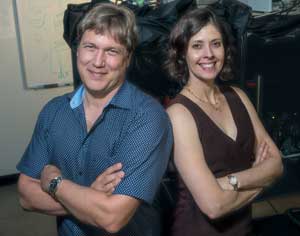
What happens in a solar cell when the lights go out?
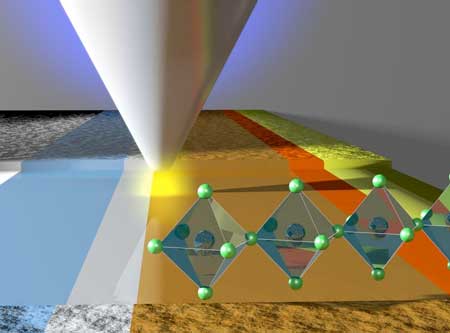
Vibrations at an exceptional point
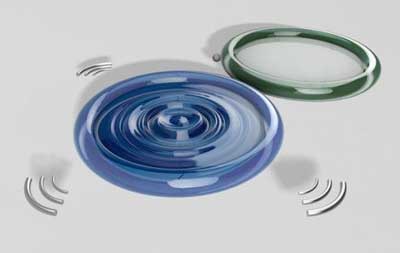
Scientists unlock the properties of new 2D material
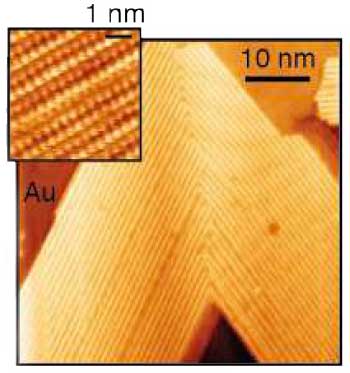
Subscribe to:
Comments (Atom)
